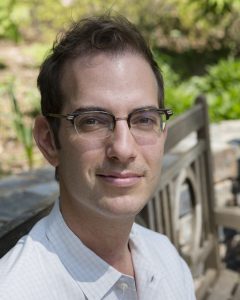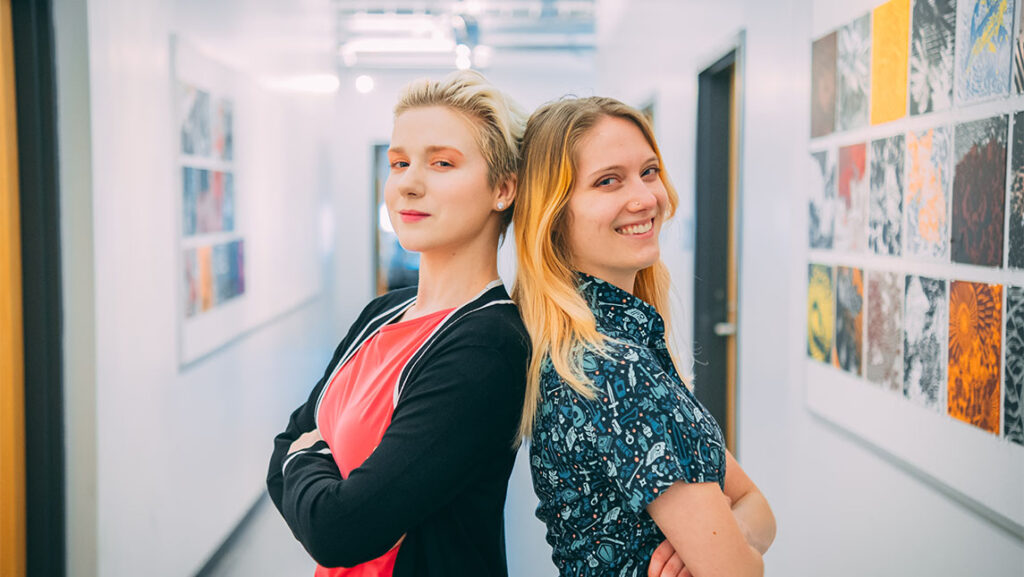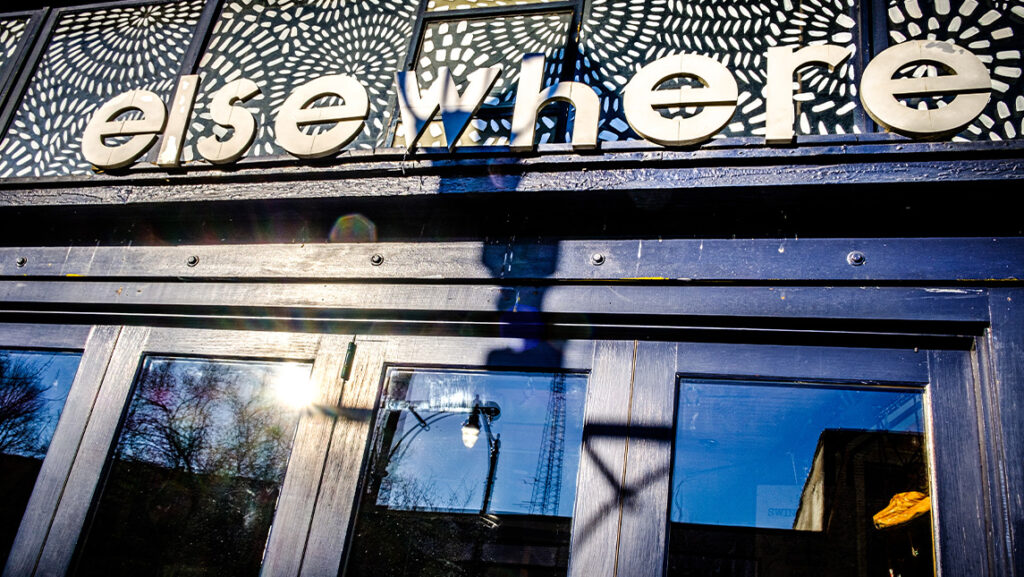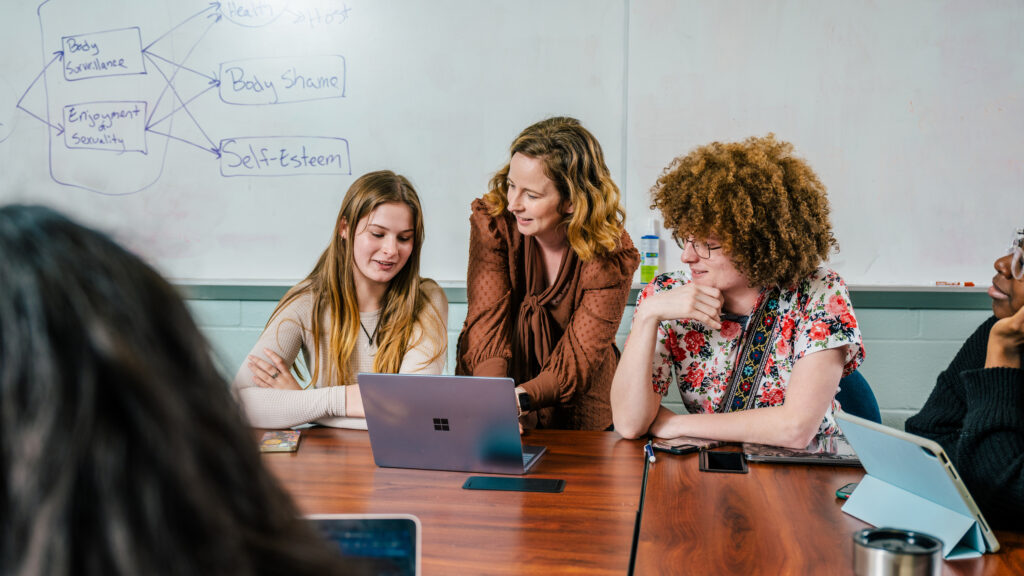Dr. Asa Eger is the recipient of the 2022 Thomas Undergraduate Research Mentor Award for tenured faculty.

Associate Professor Asa Eger is a historian whose research interests include Islamic and Byzantine history and archaeology, the eastern Mediterranean, frontiers and borderlands, and environmental history. Since joining UNCG in 2009, Dr. Eger has mentored 12 undergraduates across 14 projects. With a collaborative approach to mentorship, Dr. Eger helps his students create individual projects that allow them to explore topics and real-world issues they are passionate about – while developing their research skills, in the process.
Dr. Eger has published four books, including the award-winning “The Islamic-Byzantine Frontier: Interaction and Exchange between Christian and Muslim Communities” and 2021’s “Antioch: A History,” which is through Routledge. He currently has four other books in preparation, with topics ranging from the excavation he recently directed at a 10th-century frontier fortress in Turkey and reexaminations of materials from a 1930s Princeton excavation at Antioch and from a survey of the plain of Aleppo.
Undergraduates have worked with Eger both locally and internationally, with six receiving support from UNCG Undergraduate Research and Creativity – or URCA – Awards. “The funding brings students in and out of archives, on international research trips, and helps them to develop research innovatively through digital means at home.”
Seth Rumbley, for example, traveled to Israel to examine the site of a destroyed Palestinian village, speak with local scholars, correct oral histories, and dive into the state archives in Jeruselem. More recently, when Gordan Cathcart couldn’t travel due to the pandemic, Eger helped him pivot to a digital project on a poorly known Bosnian community in Israel, which he pursued by examining British photography and connecting remotely with Israeli scholars and people whose grandparents and great grandparents lived in the region.
For Dr. Eger, undergraduate research is about opening doors permanently. “Broadening the historical narrative across interdisciplinary fields like archeology and public history challenges students to be critical of any one perception or story,” he says. “I aim to prepare my students to become critical thinkers – empowered, better informed, intelligent, and independent humans.”
Seth Rumbley ’17 on his work with Eger:
Dr. Eger and I collaborated to prepare a submission for a Globally-Engaged URCA, which involved data collection and archival research on Palestinians displaced from Al-Kabri. This experience was fundamental to my professional development … I gained a deeper understanding of the complexities of global conflict and displacement, which became my primary field of interest in my graduate studies in social work. While pursuing my graduate degree, I interned at local refugee resettlement agencies, where I drew from my experience as Dr. Eger’s mentee to aid in the development of rapport with refugees from Syria and Iraq … He is a role model, is dedicated to students’ education and success, and actively works to prepare students for their futures.”
Bret Dang ’19 on his work with Eger:
“Beginning in the spring of 2017, Dr. Eger supervised me on an URCA research project concerning archaeological surveys of the Cilicia region of Turkey and its historical settlement-patterns from the Classical to Early Contemporary eras. His guidance was invaluable and I was able to hone a great variety of skills and experience needed in preparation for my future graduate school plans … Outside of the URCA advisorship, Dr. Eger also counseled and facilitated nearly all of my honors works and independent studies, again seeking to encourage me as a student to pursue more rigorous and rewarding academic challenges beyond the scope of normal coursework, which ultimately culminated in his mentorship of my Senior Honors joint thesis in History and Religious Studies. His guidance was always with my long-term goal in mind – graduate studies in archaeological studies – and his support over the years made me more confident in my own abilities and readiness for continuing my education beyond undergraduate studies.”


